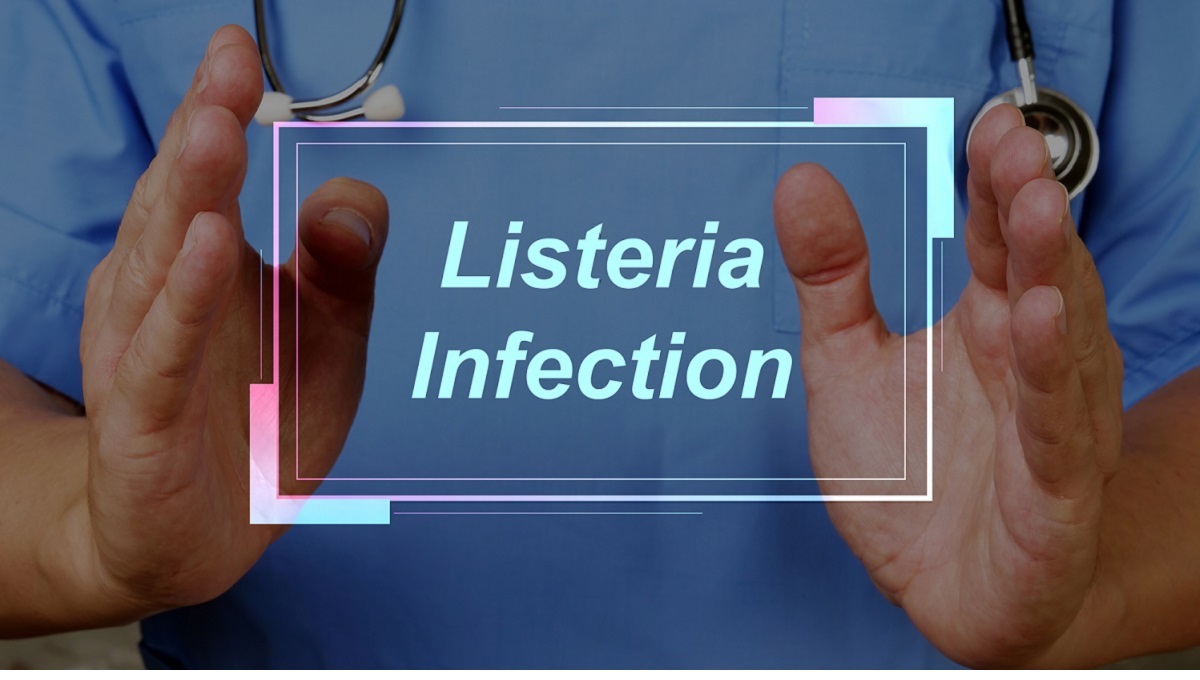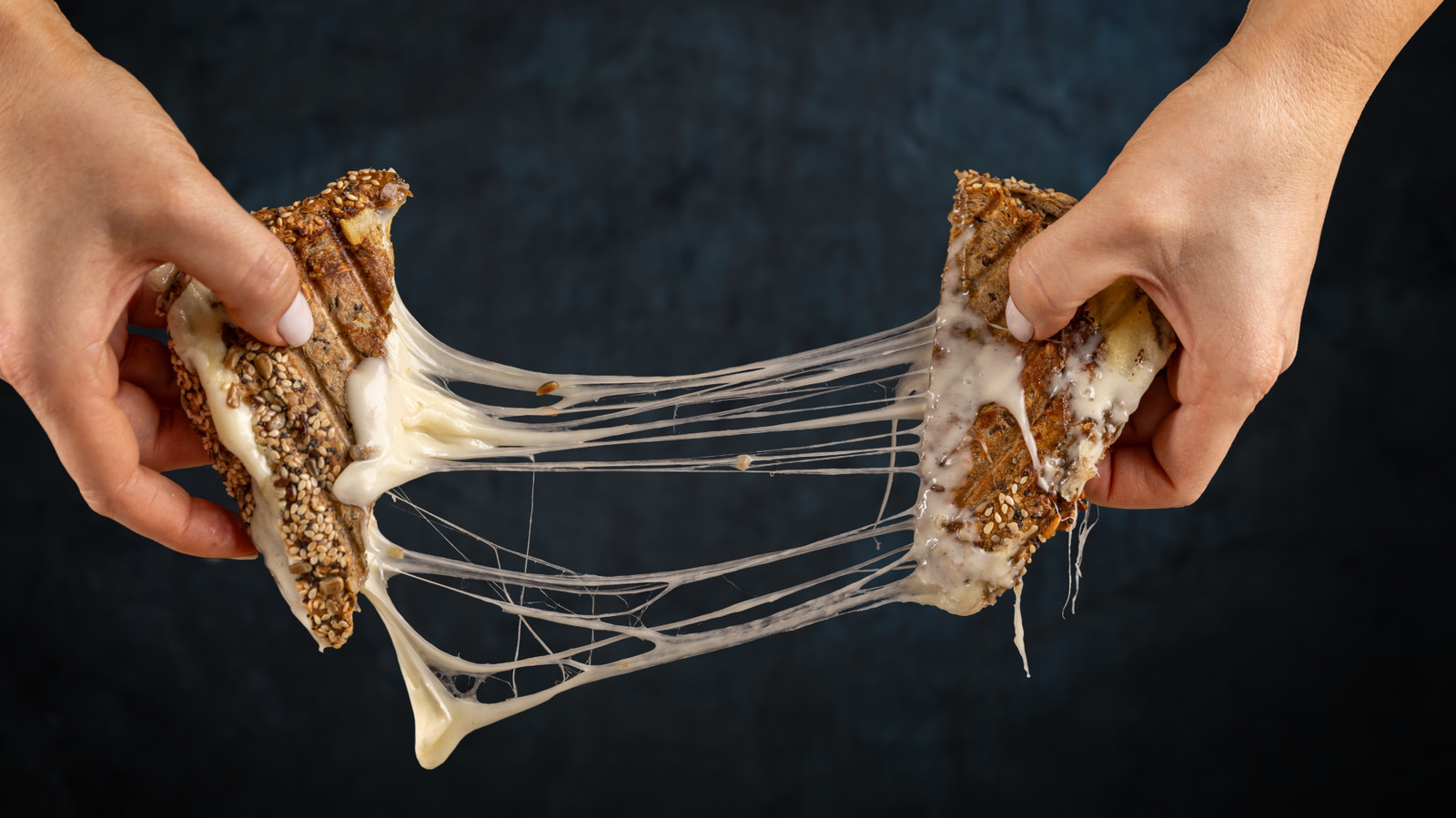Norwegian scientists are working on a project investigating the separate or combined effect and suitability of different methods to reduce the presence of Listeria in salmon and trout. The DeList project is funded by FHF, the Norwegian Seafood Research Fund, and will run until the end of January 2025. Several recent studies have found Listeria monocytogenes in up to 10 percent of Norwegian salmon slaughterhouses and processing plants.
Discoveries are often made in the environment and on equipment, but fish products have not been prevalent. The discovery of Listeria in seafood products has led to several recalls in recent years. In addition to possible consumer exposure, product recalls are a financial burden for those affected, and they may also lead to increased food waste.
Testing potential methods âIn our experiments, weâve used several methods not yet approved by Norwegian authorities. Thatâs the nature of research. If you donât try new methods, you wonât know what works and what doesnât.
We need to conduct experiments to get results that will either lead to a new method being approved â or not,â said senior researcher Tone Mari Rode, who leads the DeList project. In the tests, brown trout are first exposed to Listeria bacteria and then dipped in various treatment baths to determine what can remove or reduce the bacteria in the fish fillet. âWeâve used acetic acid, low pH, and antimicrobial â bacteria-inhib.











:upscale()/2024/12/23/986/n/1922441/ae269e286769e6f5b332b2.08351138_.jpg)







